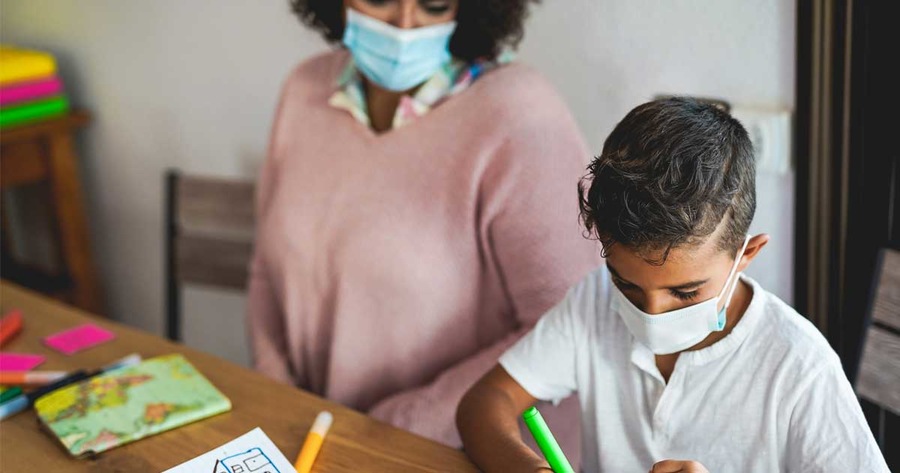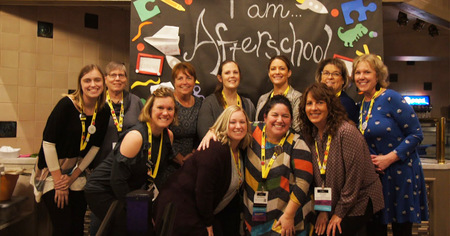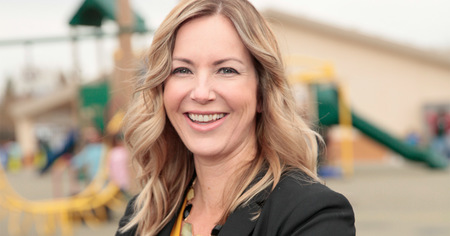Since March 2020, more than 275,000 COVID-19 cases in children and youth have been reported to the Centers for Disease Control. Additionally, COVID-19 incidences among adolescents aged 12 to 17 years were approximately twice that in children aged 5 to 11 years.
The pandemic has affected many people of all ages and from all walks of life, including our president and first family. So even if we don't personally know someone who was diagnosed with the virus, we know it has the potential to impact us.
But what do we do when one of our own has been affected?
It can be challenging for many young people returning to school or out-of-school time activities after a health challenge or crisis—whether an acute illness or a chronic one. For in-person programs, the absence of a young person or staff member may be more obvious than for virtual environments. Even with virtual classrooms and afterschool activities, youth may still have a bond with their peers or program staff, who may be curious about their absence.
Regardless, it will be important to create an environment void of rumors and speculation and work to address concerns of program participants and employees while also maintaining a level of confidentiality for the individual(s) diagnosed with the virus.
Empathy is important to maintaining an inclusive and caring environment. It is at the core of civility.
Imagine what it's like—especially for a young person—to be quarantined. The fear, the uncertainty and the isolation can be overwhelming. They may also be at risk of facing stigma or exclusion. Health and safety are a concern for all but it's important to make students feel accepted once they return.
Youth as well as adults may have feelings of isolation and even shame. It's important to validate their concerns but also ensure a positive environment once they return. Some children and youth who contracted the virus reported receiving harassing messages via social media and text.
Most schools, school districts, and community organizations have policies and procedures in place for physical health and safety during the pandemic. But the emotional needs of our program participants must be considered.
Here are a few tips to help inspire empathy and empower those we serve to be kind and considerate.
- Offer understanding and support.
- Allow youth to express their emotions and concerns.
- Encourage kindness.
- Consider creating get-well cards, whether virtually or via mail, for those affected.
If your organization or program needs additional tools or guidelines for operating during the pandemic, visit the Centers for Disease Control and Prevention for resources.
 Rasheda Kamaria Williams is an NAA Advocate member and the founder and chief empowering officer for Empowered Flower Girl, a social enterprise on a mission to transform the way young people relate to one another and themselves. Through empathy and esteem boosting programs, Empowered Flower Girl helps students (as well as youth advocates) live above life's drama to make a difference. Learn more at www.empoweredflowergirl.com.
Rasheda Kamaria Williams is an NAA Advocate member and the founder and chief empowering officer for Empowered Flower Girl, a social enterprise on a mission to transform the way young people relate to one another and themselves. Through empathy and esteem boosting programs, Empowered Flower Girl helps students (as well as youth advocates) live above life's drama to make a difference. Learn more at www.empoweredflowergirl.com.




